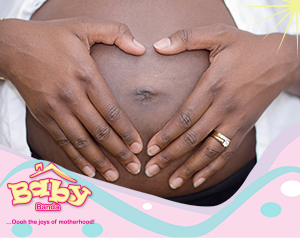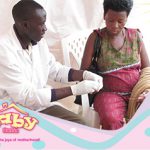The words “high risk” usually means that a woman needs to take extra care of herself during her pregnancy. In Kenya, many expectant women are placed in this category when upon medical examination are shown to have fear for their unborn baby. This might lead to stress, which is not good. However, with proper information, they can actually cope well and have a safe delivery.
If your gynaecologist confirms that you are carrying a “high risk” pregnancy, you can adopt the following steps to ensure that both you and the baby are well taken care of.
• Get appropriate medical help
Several local hospitals offer antenatal clinics and therefore pregnant women can start their clinics as early as three months. This makes it easier for your doctor to know whether or not you are carrying a high-risk pregnancy. In most cases, they will be able to advise you on the best way to take care of yourself when pregnant to increase your chances of a safe delivery. It is also advisable to attend events where information is offered by experts in case you have questions about your condition.
• Avoid or manage stress
Many expectant mothers have to still handle their daily commitments at work or home even when their pregnancy is delicate. It is therefore important to keep your stress levels low so that it does not affect the development of the baby and your health as well. Some of the ways to avoid or even manage stress are by informing your boss of your condition so that your workload is reduced, sending your other children to their grandparents over the holidays and having a live-in house help to assist with housework as your pregnancy progresses among others.
• Maintain a healthy lifestyle
Majority of doctors in Kenya will give you tips on the best way to keep healthy when pregnant so that your pregnancy journey is smooth. Most times, the advice consists of eating a balanced diet, drinking lots of water and resting. Even so, it is important to seek your doctor’s opinion if you begin to feel unwell so that they can advise on the way forward. Avoid seeking medical advice from pregnancy and motherhood groups on social media targeted towards expectant mothers in Kenya that rarely have individuals trained to handle such cases.













